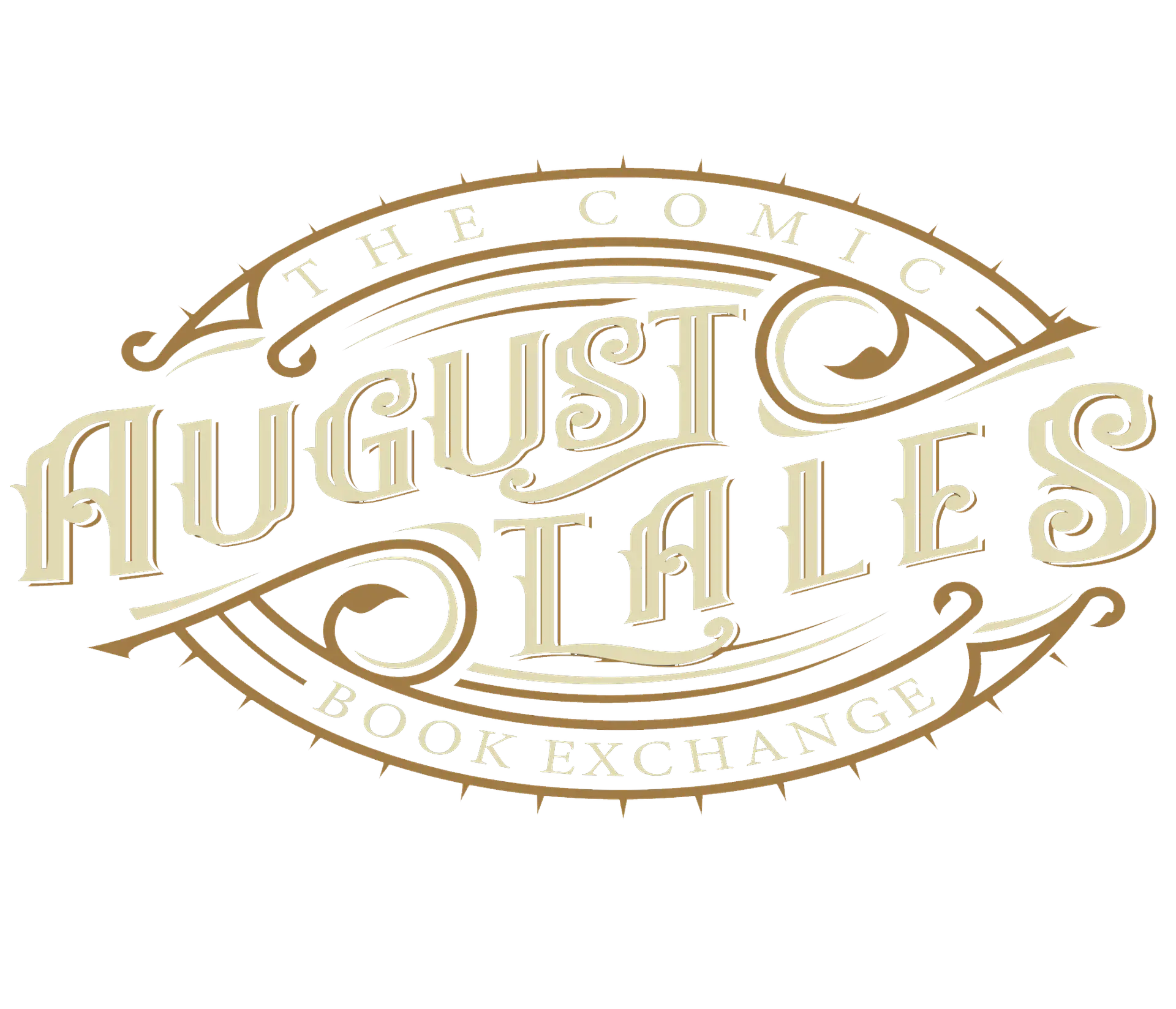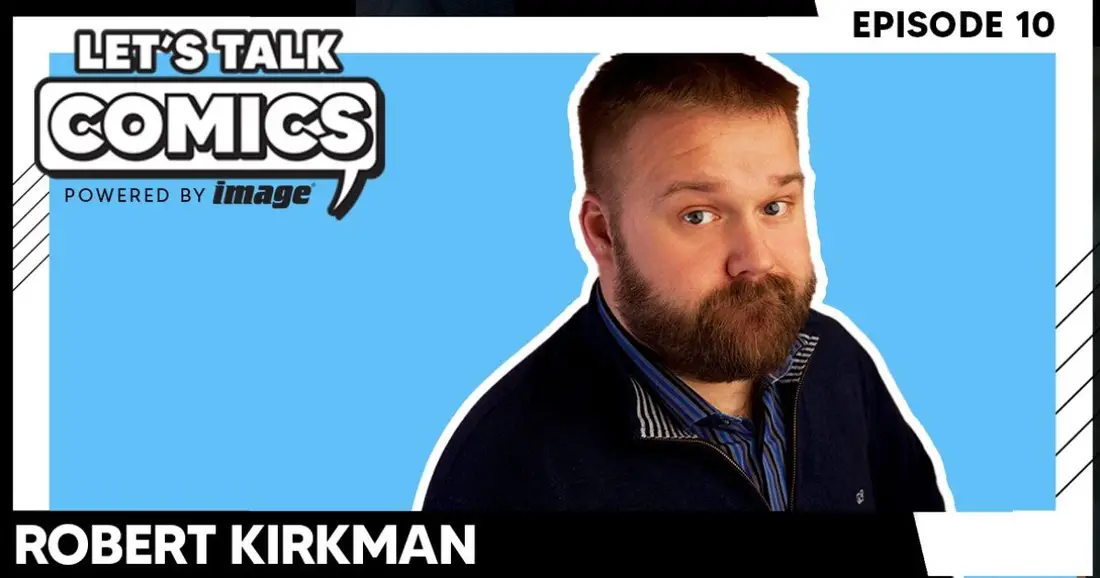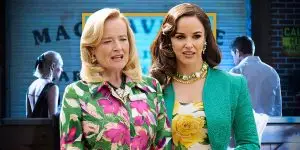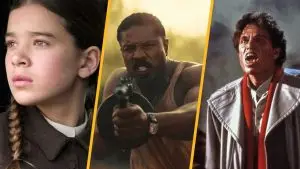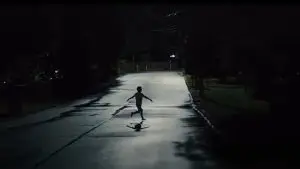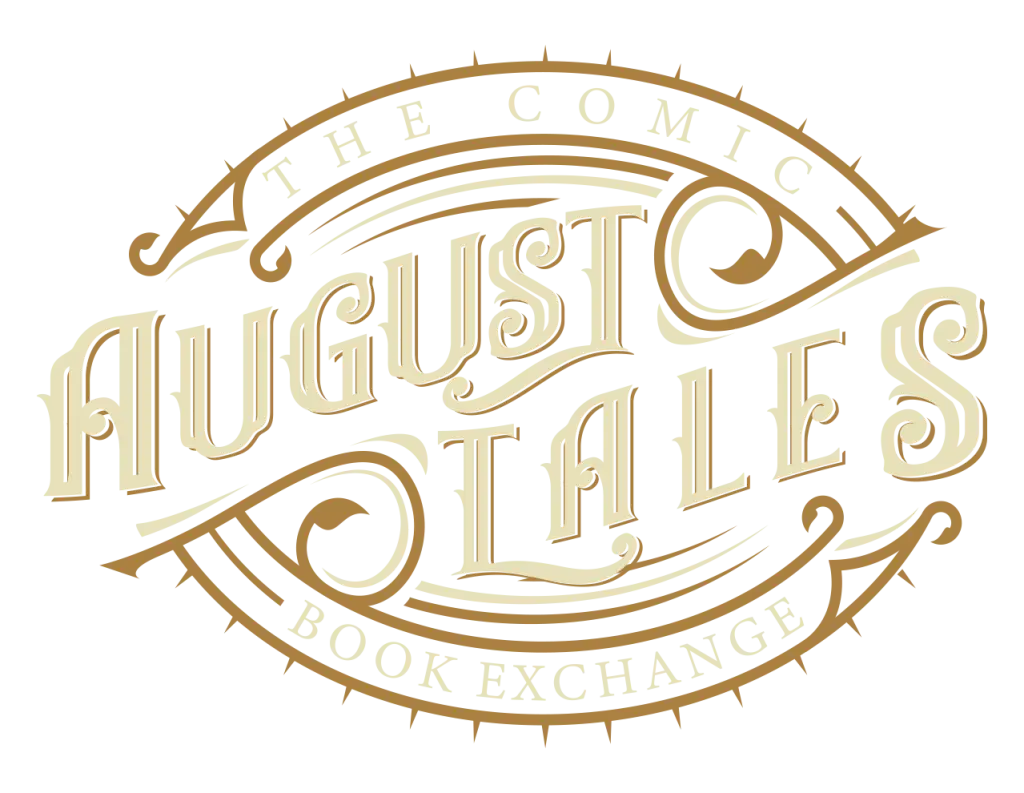Robert Kirkman doesn’t just write comics—he rewires the machine from the inside out. In the latest episode of Let’s Talk Comics, the Invincible and The Walking Dead mastermind steps into the spotlight for a no-filter conversation that slices through the industry’s glossy surface. It’s raw. It’s insightful. And it’s a blueprint for what’s next.
This isn’t a career retrospective. It’s a manifesto delivered with the same grit and passion that made Kirkman a titan of modern storytelling. From creator ownership to creative burnout, from Image Comics’ evolving mission to the persistent power of indie voices, Kirkman lays it all out with brutal clarity.
Beyond Zombies and Capes
At this point, The Walking Dead is more than a franchise—it’s cultural DNA. But Kirkman’s latest reflections move beyond apocalypse fatigue and superhero spectacle. He unpacks what it means to build something on your own terms in a world that often asks artists to compromise.
He talks about creator rights not as a trend, but as a necessity. His stories aren’t just popular—they’re owned. Every panel, every plot twist, every character is a flag planted in the ground of autonomy. That’s not common. It’s revolutionary.
While the industry rushes toward digital platforms and franchise reboots, Kirkman still emphasizes the importance of vision. He doesn’t just write comics. Kirkman architects them, he isn’t following blueprints. He’s drawing new ones.
Image Comics and the Fight for Creative Freedom
Kirkman sees Image Comics as more than a publisher—it’s a testing ground for creator-driven futures. With Invincible and other projects expanding into television and beyond, he’s proof that independent vision can thrive in the multimedia era.
But success hasn’t softened his stance. If anything, his focus is sharper. He speaks about mentorship, structure, and long-term strategies for artists navigating a system not built for them. And he does it without the ego you might expect from someone with this much cultural capital.
As he puts it, success isn’t just about visibility. It’s about ownership, control, and the integrity of the work.
The State of Comics Now—and What’s Coming
Kirkman doesn’t just talk about his own trajectory. He zooms out, analyzing how the industry has changed—and how it needs to change further. He critiques the gatekeepers, elevates the rising voices, and offers a blueprint for survival that’s equal parts practical and passionate.
Whether he’s discussing late-night writing sessions or the strategy behind a television deal, the message is consistent: creators matter. Their ideas, their time, their rights. And it’s time the industry acts like it.
That’s not just a nice sentiment—it’s a challenge to every publisher, artist, and reader in the game.
What Kirkman Built, What He’s Building
Robert Kirkman is no longer just a name in the credits. He’s an institution. But he’s an institution that moves, adapts, and keeps creating. He doesn’t just want to keep making comics. He wants to make them matter.
Invincible didn’t just punch its way through tropes—it kicked the door open for honest, hard-hitting storytelling in a medium often sanitized for mass appeal. The Walking Dead didn’t just show us zombies—it showed us what happens when storytelling refuses to die.
If you’re tuning in to Let’s Talk Comics expecting a casual chat, buckle up. This is Kirkman at full throttle—part architect, part advocate, and still very much a fan of the medium he’s helped evolve.
Read this article and more at August Tales Comics. Your go-to site for comic book news and trade paperback exchanges! Trade. Read. Repeat.
#RobertKirkman #TheWalkingDead #ImageComics #ComicIndustry #LongTermStorytelling #CreatorOwnership #ComicsInsight #ComicBookFans
Image credit: imagecomics.com
